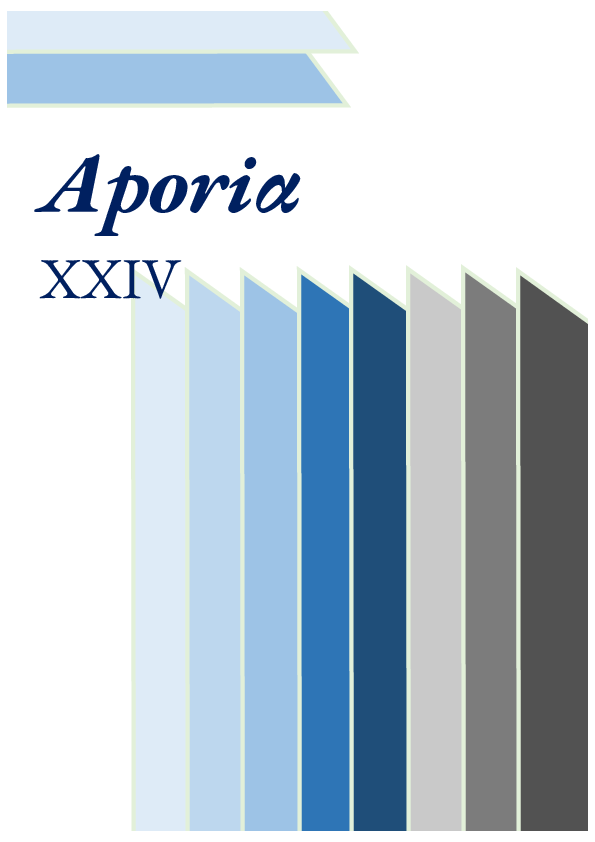What’s the ‘Puzzle about Belief’ ? Revisiting Kripke’s Challenge through a Fregean Lens
Main Article Content
Abstract
In “A Puzzle About Belief” (1979), Saul Kripke posits a thought experiment involving
a bilingual named Pierre, who comes to what seem like contradictory beliefs about
the city of London. On a popular reading, the upshot of how Kripke sets up Pierre’s
problem is that the challenges of ascribing propositional attitudes such as belief to
another person are more complex than suggested in previous philosophical analyses,
particularly Gottlob Frege’s “Sense and Reference” (1948). In particular, Kripke aims
to show that a genuine paradox about belief ascription can arise without the need
to presuppose that a thinker with different beliefs about the same object relates to
that object through different cognitive perspectives (i.e., what Frege called modes of
presentation). In this essay, I take issue with how Kripke draws his conclusion that
Pierre’s problem must go beyond Frege’s notions of sense and reference. I argue that
application of Fregean notions of sense indeed ‘solves’ Kripke’s puzzle about Pierre
and that Kripke’s pre-emptive reply to such an objection does not suffice, casting
doubt only on how the Pierre paradox gets off the ground. In sum, I argue that a
charitable understanding of Frege’s ideas and a closer interrogation of Kripke’s set-up
reveals that Pierre’s ‘puzzle’ is not necessarily a puzzle.
Article Details

This work is licensed under a Creative Commons Attribution 4.0 International License.
Author's retain copyright, but give their consent to Aporia to publish their work.

